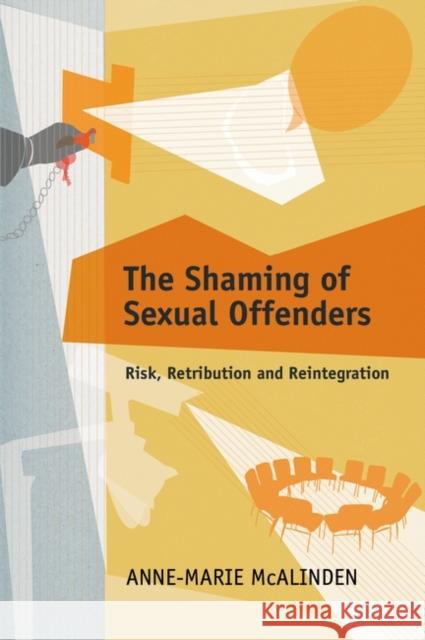The Shaming of Sexual Offenders » książka
The Shaming of Sexual Offenders
ISBN-13: 9781841135922 / Angielski / Miękka / 2007 / 290 str.
Sex offenders, particularly those who offend against children, feature prominently in contemporary law and order debates. Child sexual abuse is a component of the broader category of 'gendered and sexualized violence' which causes significant trauma for victims yet continues to evade conventional approaches to justice. This is evidenced not only by the low number of prosecutions, due mostly to low levels of reporting and evidential difficulties at trial, but also by the failure of the justice system to prevent re-offending, largely due to the limited availability and effectiveness of prison treatment programs. This book argues that contemporary, popular, and state-led responses to the risk posed by sex offenders are largely disintegrative in nature. At best, the offender may be labeled, stigmatized, and ostracized from the community, while at worst, he or she may be subjected to violence and vigilante action and ultimately return to offending behavior. The failure of these retributive responses means there is considerable scope for exploring alternative forms of justice and their potential for improving the outcome for victims, offenders, and communities affected by sexual offenses. Although restorative schemes with sex offenders are in short supply, a few initiatives have developed in Canada and parts of the US which have effected significant benefits in 'reintegrative shaming.' The Shaming of Sexual Offenders examines whether such ad hoc schemes may be of general application with child sexual abuse and whether they may be implemented on a more holistic basis.











